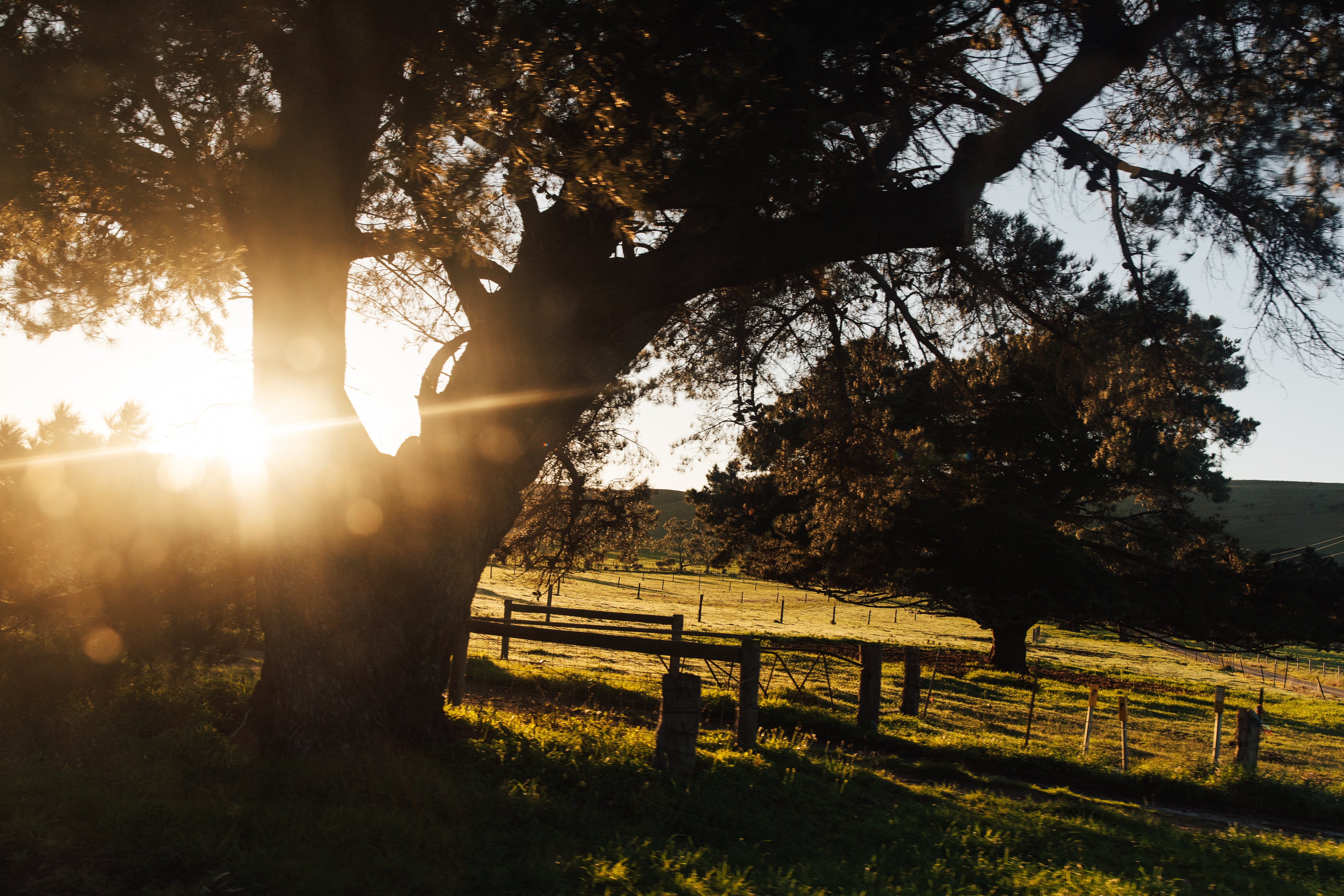
Participate in a national carbon-neutral study
Need information on how to reduce farm GHG emissions in a profitable, sustainable way? Participate in a national carbon-neutral study!
Aim: to co-develop profitable, sustainable, practical pathways for reducing farm GHG emissions and achieving carbon neutrality.
How: Each participant will provide information on livestock and pasture production, soil types, financials, management, property location and size etc. to researchers as part of the Carbon Storage Partnership. The data would be kept confidential.
It would be used to calibrate and validate a range of economic, biological, physical and climatic models to ensure that simulated pasture and livestock production, biodiversity and other natural capital (trees, water, land etc.), profitability, soil fertility and carbon, as well as many other variables. This calibration step ensures that models used produce realistic results. A number of adaptations partly suggested by the case study farmer and industry representatives would be modelled. The modelled outcomes will be refined with the participant (case study farmer/s) over two years.
Why participate? The research team will produce highly detailed scientific modelling of whole farm practices that may improve profitability and productivity, while reducing net farm GHG emissions. This will include feasible and tailored adaptations for reducing farm emissions, storing carbon, and climate resilience. These adaptations would be communicated in a number of ways, such as on-farm field days, webinars, newsletters and other multi-media.
The farm/participant name could be made anonymous if desirable. Importantly, the research will demonstrate HOW whole farm adaptations can improve biodiversity, vegetation, soil carbon stocks and overall environmental stewardship. These adaptations will ultimately define pathways to carbon neutrality and beyond.
How much of my time will it take? The research team estimate participants will require around 10 days commitment over the course of two years. The timing of engagement with the project team would be flexible.
Cost/remuneration: Participation would be voluntary. The scientific data and information produced would be worth tens of thousands of dollars – the cost to the participant would be nothing. The participant’s business activities may also be promoted via extension, resulting in further awareness of the activities conducted by the participant.
Who: As the modelling and analysis is very detailed and scientifically rigorous, the project team will only engage 10 participant farmers across Australia. These will be selected based on location, evidence of good record keeping and willingness to engage over two years. All grazing businesses that currently farm more than 100 livestock are eligible to apply.
Interested participants may wish to view this YouTube video on Pathways to carbon neutral (or net zero) agricultural systems
If you are interested in participating, please send answers to the questions below to: matthew.harrison@utas.edu.au Matt is also open to related enquires.
Further background information required:
- Nearest town/s
- Farm size in hectares
- Enterprise/s e.g. self-replacing merinos, purchase/sell beef cattle, dairy, cropping
- Annual average rainfall mm/year for the farm
- Do you have good records of livestock numbers sold, liveweight (yes/no)
- Have you measured soil nutrients regularly (yes/no)
- Have you ever measured soil carbon on your farm (yes/no)
- If you have measured soil carbon how long have you been doing this?
- Have you planted trees on your farm in the last 5 years? If yes how many (roughly)
- Have you made any changes to your farm to measured or reduce greenhouse gas emissions? If yes please state what changes were made
- If you wanted to undertake a carbon farming project, what top three things would you be most likely to try?
- Would you be willing to share your annual farm income, costs and expenditure with the project team?
- How do you seeing your farm changing in the next five years. (1) much the same (2) more biodiversity (3) more carbon farming (4) more biodiversity and more carbon farming (5) going backwards (6) unsure (pick as many numbers as you like)
- Are you or have you been involved in the Emissions Reduction Fund (ERF)? If yes what activities have been implemented?
